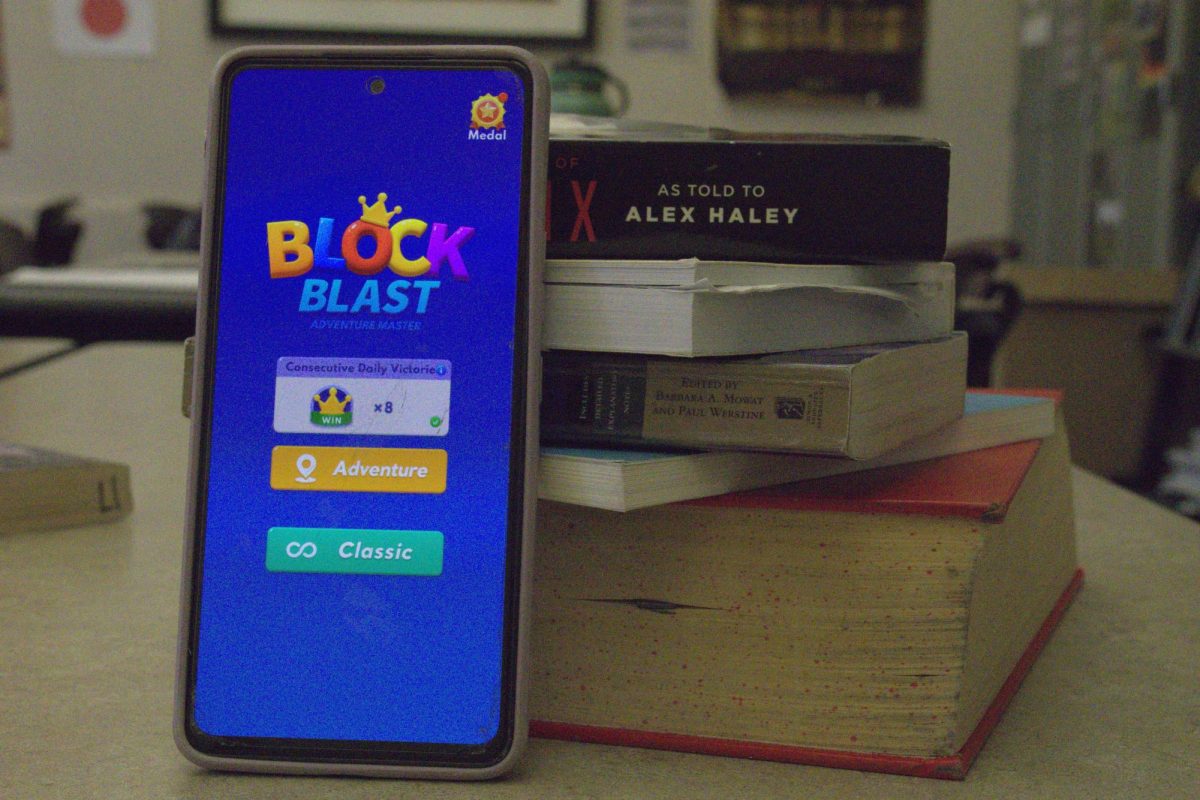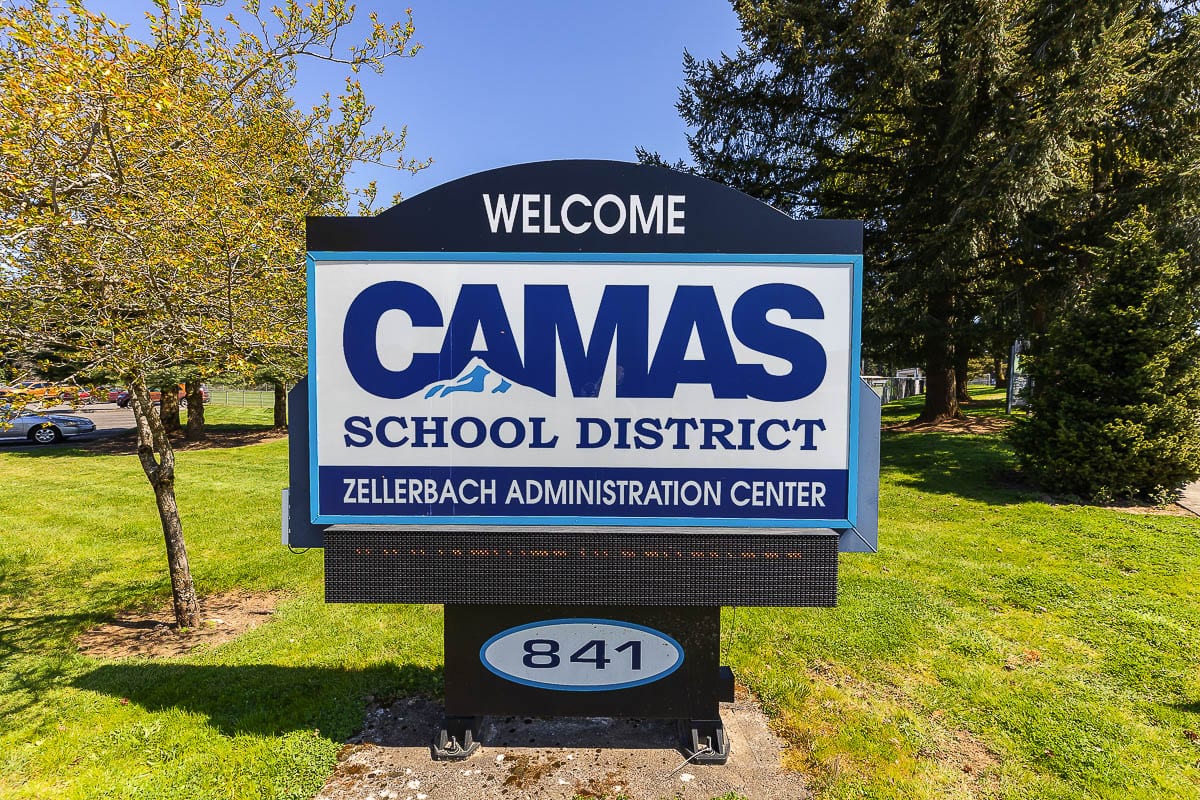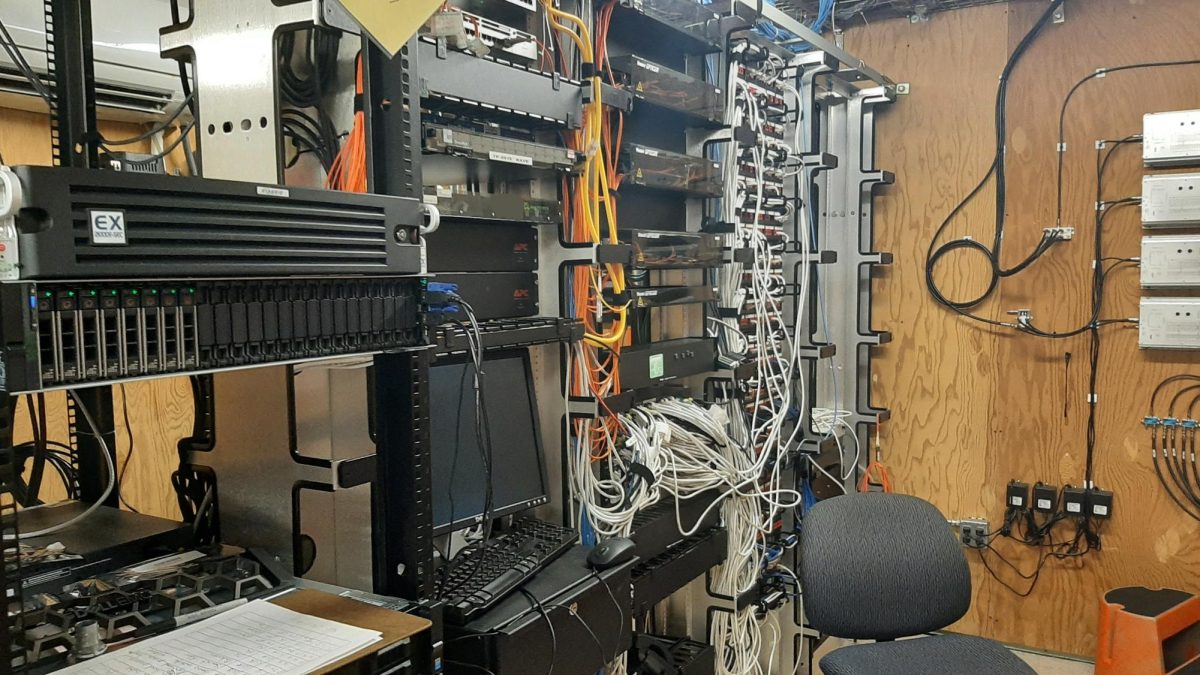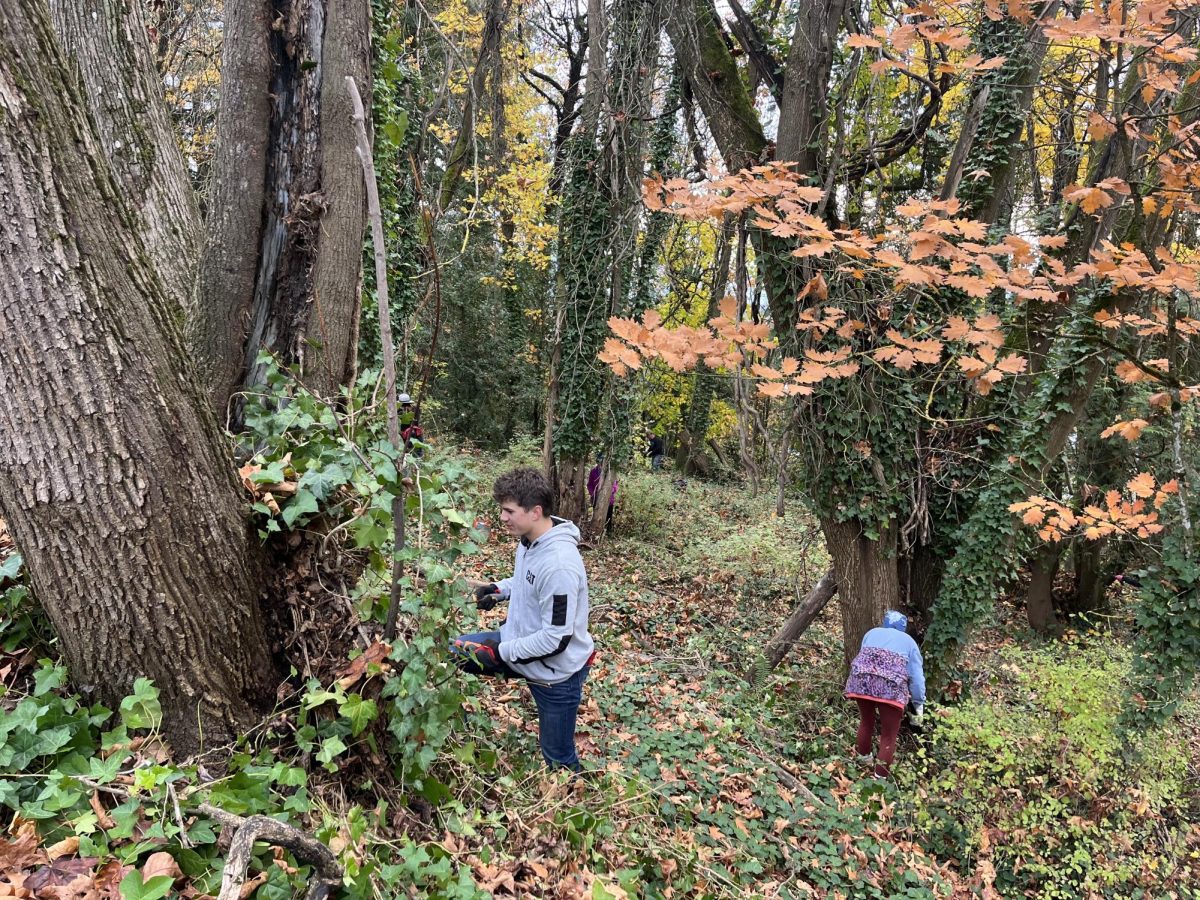History, as most know, is an incredibly important subject. That is why it is a requirement in most, if not all schools. Black history, however, is a fundamental part of history. Rooted in racism and discrimination, it is most often neglected in educational systems, or only certain parts of it are ever spoken about. There is a need for Black history to be included in more curriculum, specifically in predominantly White schools. With this need, some teachers at Camas High School have been doing what they can to educate themselves, and their students about Black history.
CHS chemistry and leadership teacher, Charlotte Waters, is trying to help her students understand more about Black History Month by researching the origin of the month in class.
“This year in leadership, I had my students research the history of Black History Month. I figured they might be in the same predicament I had been, where they really didn’t understand the origins of the month.” Waters stated.
The meaning behind everything can give a deeper insight into what is being discussed. By helping the students understand why Black History Month was created, and why it is celebrated, there can be a much deeper consciousness of the month itself.
Black people are found throughout history in nearly every space and time. In particular Africans, and African-Americans had a profound impact on American history that many fail to acknowledge. To this day African-Americans are still making history. In a conversation with English teacher Sam Hicks, he mentions exactly how American History is filled with the presence of black people.

“American history without African Americans is unthinkable to me. If you doubt me, look at the painting of Washington Crossing the Delaware. Google ‘Prince Whipple.’ Now find him in the painting. If you look, African Americans are everywhere in American history; America would be unrecognizable without their contributions. I would argue that the driving force in American history is the history of African-Americans pushing for America to live up to its founding principles.” Hicks said.
To educate others, one must educate themselves first. This is what teachers have to do for their jobs. However, there is never a point in time where someone stops learning. There is always more to learn, always more to read, always more to study. With Black history, there is still much to be learned in order to rightfully educate not only the students but other community members as well.
Hicks said, “I have a deep and abiding interest in the history of freedom and equality. These are the themes in American history that speak to me. Because of that, I’ve been enjoying several documentaries on PBS and the Smithsonian channel produced for this month.”
Black history in the classroom is important, but it can have concerning attributes. When teachers focus on just slavery as a way of bringing awareness to Black history, it begins to paint a false narrative. In all of history, hundreds, if not thousands of advancements were created by Black individuals. The ironing board, the three-light traffic light, the home security system, all of these things were made by Black people. Recognizing the heinous crimes that have been committed, and are still to this day being committed against Black people is imperative. It is important to be aware of other parts of Black history. All of which are things Black History Month is perfect for.

Hicks said, “One concern that I have with how black history is sometimes treated is that there is a natural tendency to focus on the subjugation of African-Americans as if that is the complete history, as if lynching and slavery is all of black history. I try to be aware of this and check myself.”
He brings up the point of trying to check himself when he is contributing to that sort of perpetuation. By being aware in this sense, it allows someone to grow, to learn, to deeply understand. Being wrong is not always bad, it only becomes bad if someone is not learning from those mistakes.
The Spanish philosopher George Santayana famously once said, “Those who cannot remember the past are condemned to repeat it.”
Due to the way our society has been created around “White” history, it is often harder for Black history to be recognized in certain subjects. In an English or history class, it may be easier to bring it up, as it is seen more often in these fields, but when talking about the STEM field, advancements made by Black people have often been ignored.
Waters said, “ I don’t think until recently that Black History Month by itself is a big part of science or science education; however, there are many groups that are bringing to light the advances that underrepresented groups have made to science.”
While there are some more well-known scientific discoveries that are due to White people, it is imperative that Black individuals and their discoveries are also the centers of discussion. By continuing to disregard these discoveries and advancements, it repels children of color from going into STEM because it is not seen as something that is welcoming, accepting, or appreciative.
Not only is there a need for teachers to do their part, but also students too. As the main contributor to mainstream media and culture, this new generation is responsible for now, not only fixing but ensuring that these current problems are resolved.
Waters said, “I think it is important that students understand the accounts of history that are overlooked by the dominant/mainstream culture. Black people have done amazing things in the world, and they are often not credited for their achievements. I think Black History Month is one way for students to learn more about a sector of history that they may not know. … we all need to show up.”
Camasonian journalists Chase Fossen and Josh Fernando contributed to this article.








































